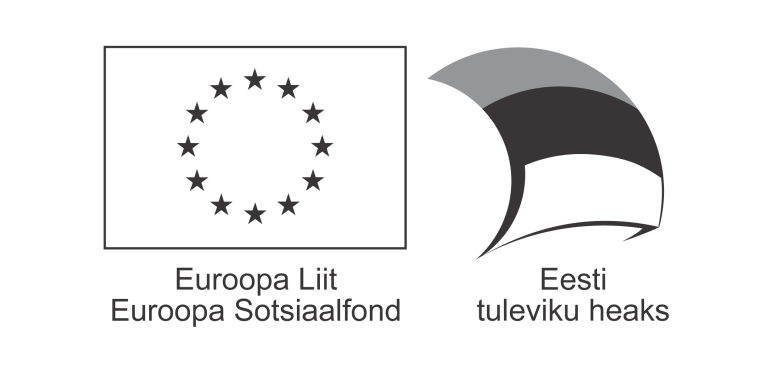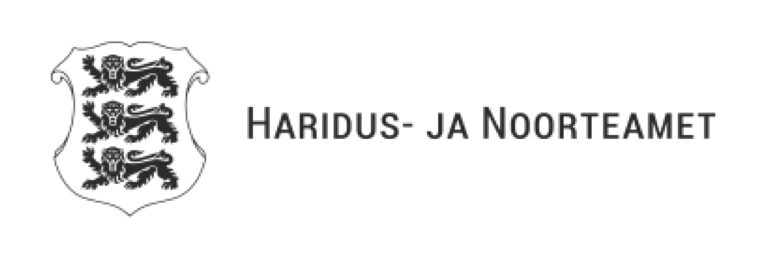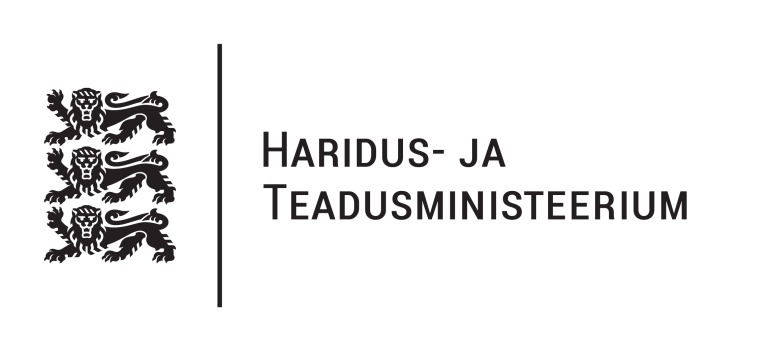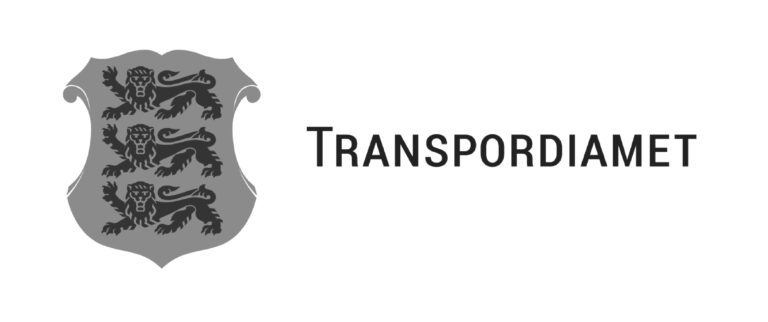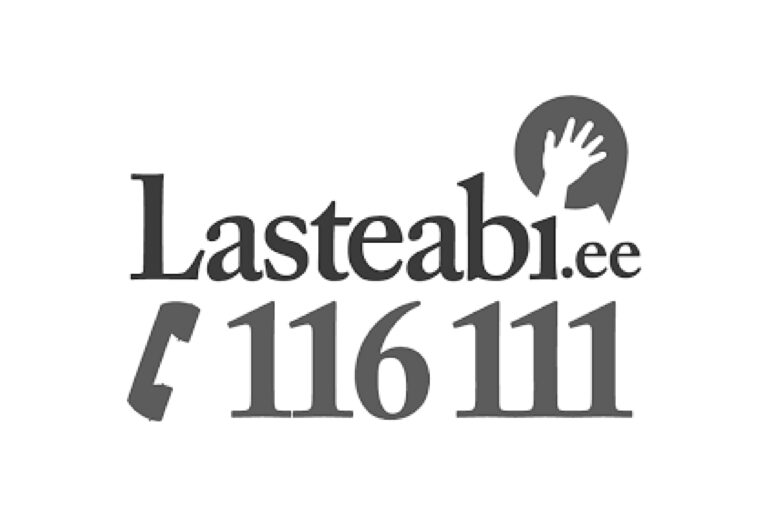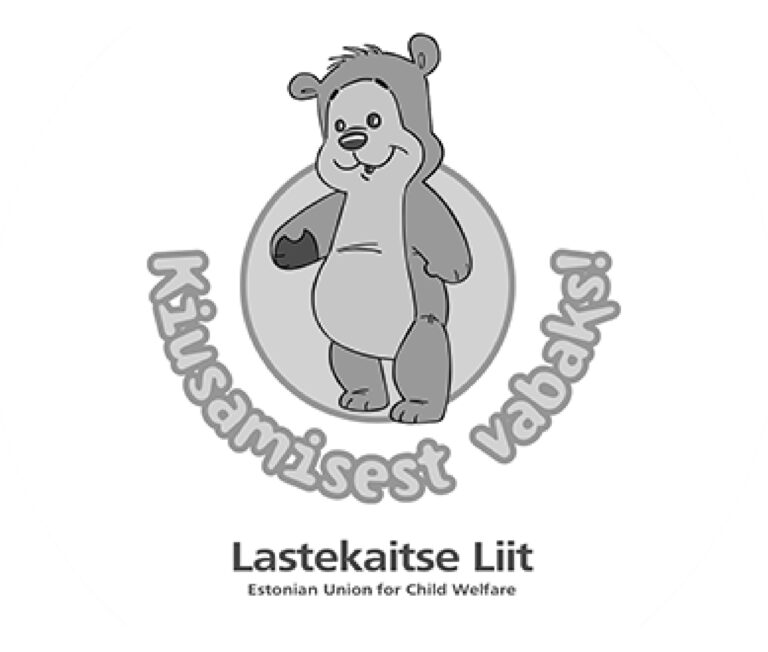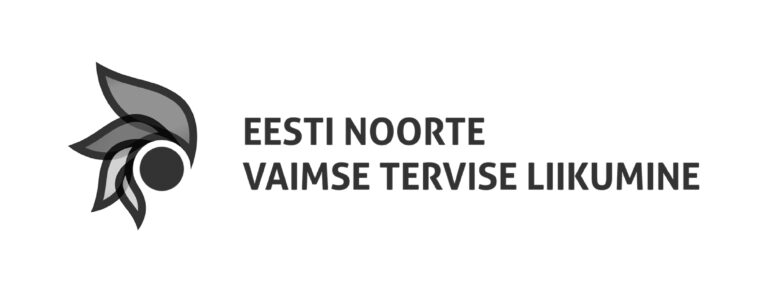Bi Visibility Day is celebrated on 23 September. To celebrate, we got hold of our youngest bisexual member Eva Marta, who dissects the concept of bisexuality, describes her story and gives interesting suggestions on who to follow on social media. Interviewed by Kristiina.
What does bisexuality mean to you?
It’s a large part of my identity, of how I think about myself and how I give meaning to the world.
What makes this part large?
It has shaped my experience in life tremendously. I guess my gender and heritage and things like that also play a role, but my sexual identity has always been important and affected my experience in life a lot.
How do you define bisexuality?
I would say that bisexuality means that I feel mental and physical attraction to people of the same gender as my own as well as different genders. It may mean my own gender or another gender or my own and several other genders.
In your opinion, how is the general attitude towards bisexuality? Have you encountered some stereotypes or misconceptions?
I think the attitude is mostly okay. To be honest, many people haven’t cared when I’ve told them about it. But it depends on who you’re talking and disclosing it to. For example, I’ve never discussed it with my grandparents or aunts and uncles. If I did talk about it with them, I would most likely feel a certain negativity. But I’ve chosen not to do it.
In general, I think there’s a complete lack of knowledge of this subject. People don’t quite understand what it means or what it is or why I would choose a path that is socially more difficult if I could just be with a man.
As some wise men in our country say: everyone has the right to get married.
Ignorance is the main thing people encounter. Or the misconception that bi means you like men and women. But that’s not the way I see it.
It’s not only related to ignorance about bisexuality, but genders as well.
Every sexuality is closely related to gender, but especially non-monosexualities (monosexuality is attraction to only one gender, such as heterosexuality or homosexuality – Ed.).
Do you think visibility days for bisexuality and other identities are necessary?
Pauses to think. Yes, I think they are. Although LGBT+ people are connected by certain experiences, such as legal discrimination or mental health problems arising from animosity or stress, every letter also has their own specific issues that don’t necessarily overlap with the others. In order to talk about them and be aware of them, we need days to highlight these specific identities.
Aside from you, are there any other bicons (bisexual icons) who people should know or follow?
There aren’t many bi activists. As it’s a concept that’s so often misunderstood, it seems to me that it’s a bit ‘out of fashion’. Today’s younger generations often identify differently. At the same time, I don’t see many gay activists either.
I’d say that influencers nowadays rather talk about various topics. I follow many body positivity people who discuss body positivity, the Black Lives Matter movement, bisexuality, transgenderism… You don’t necessarily have to cover only one topic. I see a lot of intersectionality on social media.
But if we’re not only talking about activists, but well-known people in general who are bisexual and cool… Whispers: Joe Lycett.
Yes, Joe Lycett! Plus he has a really cool Instagram profile. His stories where he talks about his plant garden are really funny. But in general I rather follow body positivity accounts.
But give some recommendations then!
For example, @bodyposipanda. She’s definitely queer-friendly as well. And her entire aesthetic is one pastel bi flag.
Finally, let’s discuss that main question. When did you realise you were bi? Since some of the public believe that young people are too young to know, please tell us about your experience.
It’s actually a really good thing to talk about, especially because it often relates to bisexual and pansexual people. It’s okay if you’re not 100% sure about your identity. Unless you’re monosexual, it’s difficult to be absolutely sure.
If you think you’re 100% sure, you probably haven’t really given it much thought.
However, if you’re a gay man and you’ve never fancied a woman, you can be quite sure.
But then you’ve probably analysed what it means to be gay and what it means in society. You’ve looked inside yourself.
Not doing it is kind of a heterosexual privilege. But I guess a lot of heterosexual people also sometimes think that maybe I am a little bit of something else…
I’ve received letters and had discussions where people ask how they can be fully sure that they’re bi or pan. I came out quite young, maybe at around age 14, as soon as I started thinking about it. But I’ve tried different labels and words, such as how pan and queer fit me.
What does trying labels mean?
You think about what word you feel the biggest connection to. My feelings remain the same, but some labels may be more right than others. For example, when I introduce myself to a new person, using a certain word. But I’ve always come back to bisexuality. It makes me feel the most confident and most like myself. But these questions still remain to some extent and it’s okay if you think about it from time to time. I don’t think anyone should be worried about it.
I’ve lived with the bi label for most of my queer life, but over the last years I’ve also vacillated between bi and lesbian. Physically, I’m probably bi, but I think mentally I’m fully lesbian. All these labels are intuitive and descriptive. The label has to describe what you feel. You don’t have to feel what the label prescribes. The label may fit overall, but your real identity is still reflected in your everyday life. It doesn’t have to limit you, but rather help you figure yourself out.
Exactly. And if you’re not quite yet sure about yourself, you can use the label you want in that moment. Or not use any label at all. You don’t have to verbalise it. For me, putting it into words is important in particular in regards to the community because it gives me the opportunity to relate to someone and someone else can relate to me.
The article was written based on the source on the website of the Estonian LGBT Association.
The Estonian LGBT Association is a non-profit organisation working for the benefit of LGBT+ people (lesbian, gay, bisexual, transgender people and people of other types of sexual and gender identities and expression).

